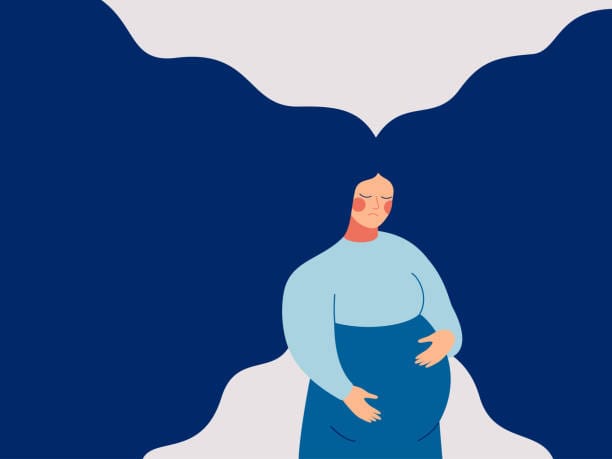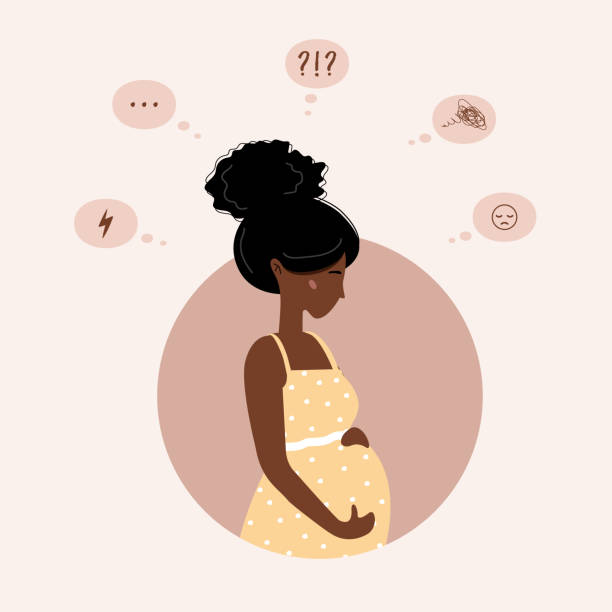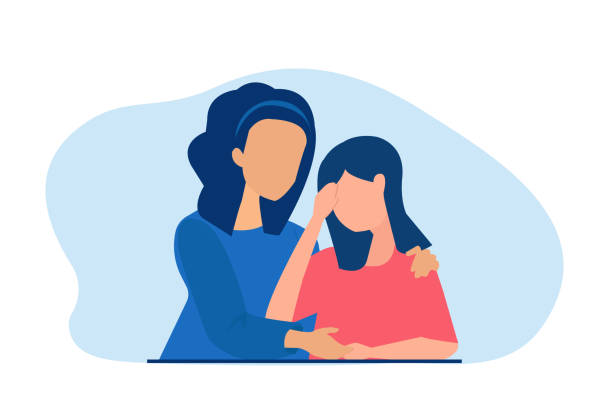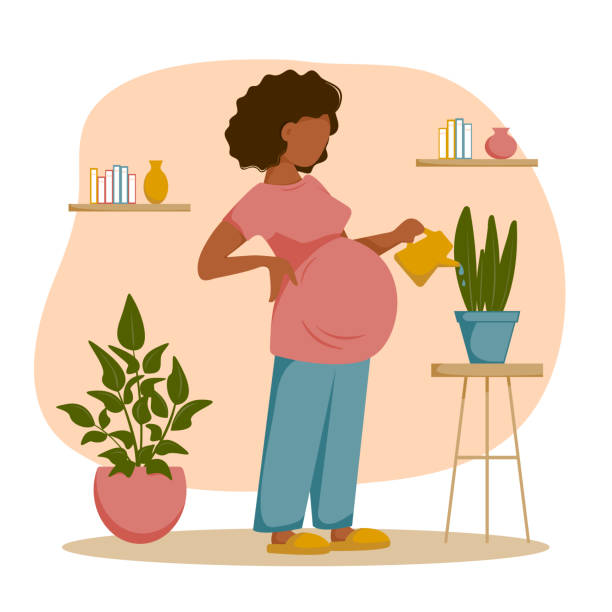Stress During Pregnancy: 8 Things to Prevent It

Pregnancy sure brings joy and excitement with it but there is also nervousness and uncertainty, experiencing some emotional change at this time is understandable. If you are feeling worried and anxious ,and its causing stress during pregnancy, please know you are not alone.
All of us start taking care of our physical health as soon as we learn that we are pregnant but forget that there are going to be a lot of stressful arrangements to be made and we should be mentally prepared for them. There can be serious side effects of stress.If you are mentally healthy, you will be able to manage the challenges of pregnancy and life with the new baby in the best possible way. For a healthy baby and healthy self, we know we should be eating well exercising, sleeping enough and taking our prenatal vitamins, but what about if you are sad, or anxious or feeling worried, the answer is talk, talk to someone about it, try to prevent stress and know when to reach out for help. Try to figure out how to relax yourself as mental health during pregnancy is also as important as physical.
What feelings Can Happen?

Women and men can both experience mental health issues and stress during pregnancy (the ‘antenatal’ period), as well as after the birth (the ‘postnatal’ period).
For some people, pregnancy can lead to conditions such as depression, anxiety and in some cases even bipolar disorder.
There are some risk factors making some women and men much more vulnerable to depression and anxiety in pregnancy as compared to others, these are:
- Past problems with your mental health
- Feeling you don’t have enough support
- Going through a hard time, in your relationship or financially
- Problems with drugs or alcohol
- Unplanned pregnancy
- Past pregnancy complications
Many expecting mums and dads experiencing these risk factors transition into parenthood relatively easily and with few complications. But we also know that many others don’t, and that this can develop into antenatal or postnatal anxiety or depression.
Also, just because these risk factors do not apply to someone, it does not mean that they cannot develop depression or anxiety in pregnancy.

What to do and when to seek help
Sometimes stress during pregnancy can just be something that we can take control of ourselves. Try to understand how to divert mind from stress, it could be music, reading, a short walk, a long drive, or even just a hot water shower, anything that can divert your mind, as we all know that positive thoughts in pregnancy can be rewarding.
Having said that keep a lookout for signs that you may need help, and be ready to take action if you need to. If you believe you might be experiencing symptoms of antenatal or post natal anxiety or depression – or are simply confused about what you are feeling – seek help as early as you can.
Seek advice from a health professional if:
- You feel anxious or worried most or all of the time and are unable to prevent stress during pregnancy
- You’ve felt consistently sad or worried for longer than 2 weeks
- Negative thoughts and feelings are starting to affect your ability to function normally
- You’re showing signs of depression, such as losing interest, or feeling hopeless or unable to cope
- You start having panic attacks, or develop obsessive or compulsive behaviours
- There are frequent episodes of anger in pregnancy
8 Things to Prevent Stress

There are plenty of things you can do to help manage your mental health and wellbeing during pregnancy.
- Maternity care should be treated as priority. Set realistic goals, don’t expect too much from yourself, rest when you need to.
- Try not to make major changes at this time, like moving house or changing jobs, unless you have to as it might cause a lot of stress during pregnancy.
- Talk therapy. Talking one-on-one with a therapist can be a great way to manage stress during pregnancy, deal with depression, and ease anxiety in pregnancy. Finding a support group where you can share your concerns with other mothers who know what you're going through also can help.
- Keep physically active (check with your doctor before you start an exercise program).
- Spend time with people who make you feel relaxed and good about yourself, talking to a friend, family member, or faith leader can help you feel better and can help with positive thoughts in Pregnancy.
- Many women find comfort in activities like yoga, exercise, and meditation.
- Avoid using drugs or alcohol to deal with stress during pregnancy.
- Accept help if it’s offered to you; ask for help if you need it.

It's important to treat mental health during pregnancy. Mothers who stress during pregnancy, are depressed, anxious, or have another issue might not get the medical care they need. They might not take care of themselves, or they may use drugs and alcohol during the pregnancy. All of these things can harm a growing baby. If there is depression or anxiety in pregnancy, talk to a doctor, counsellor, or therapist, and get help right away. The sooner treatment starts, the sooner you'll feel better.
Please remember, there is nothing wrong with you. What you are feeling is real. Many moms feel anxious or depressed at some point in their pregnancy, and some may even need treatment for it. But a mental health problem doesn't have to be a problem for you or your baby. Get the help you need to feel better, and you'll be doing the best thing for you both.
Leave a Comment
Blogs
Popular Posts
Get the latest from Newmi
Subscribe to get Email Updates!
Thanks for subscribe.
Your response has been recorded.
COPYRIGHT © 2023 KA HEALTHCARE PVT LTD - ALL RIGHTS RESERVED.
Disclaimer: NEWMI CARE does not cater to any medical/Pregnancy or psychiatric emergencies. If you are in a life-threatening situation, please do NOT use this site. If you are feeling suicidal, we recommend you call a suicide prevention helpline or go to your nearest hospital.

0 Comment